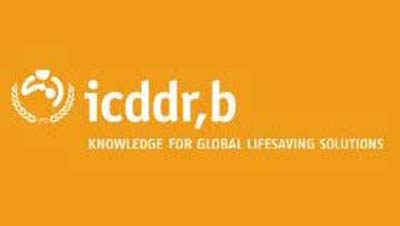Scientists from icddr,b and seven other developing countries have initiated a pioneering research. That is to understand how solar radiation management (SRM) geo-engineering could affect some of the
world’s poorest and most vulnerable regions.
In Bangladesh, the project will be the world’s first study to model how cholera and malaria might be affected by the use of SRM geo-engineering, said a press release.
The research team brings together scientists from Bangladesh, America and South Africa, and features cholera experts, ecologists, climatologists and epidemiologists.
Associate Scientist, Emerging Infections and Parasitology Laboratory at icddr,b and the principal investigator of the project Dr. Mohammad Shafiul Alam, said “Bangladesh is the world’s most vulnerable country to climate change.
“This is the first time Bangladesh is leading a project with a novel goalto link the geo-engineering intervention of climate protection and human health,” he said.
The project director of SRMGI Andy Parker, commented “I’m proud that the DECIMALS Fund is able to support Dr. Mohammad Shafiul Alam and their team as they explore how SRM could affect Bangladesh.”
“This ground-breaking project will teach us more about how cholera and malaria could be affected by sun-dimming and will start a wider conversation about SRM research and its governance in Bangladesh,” he added, reports BSS.




